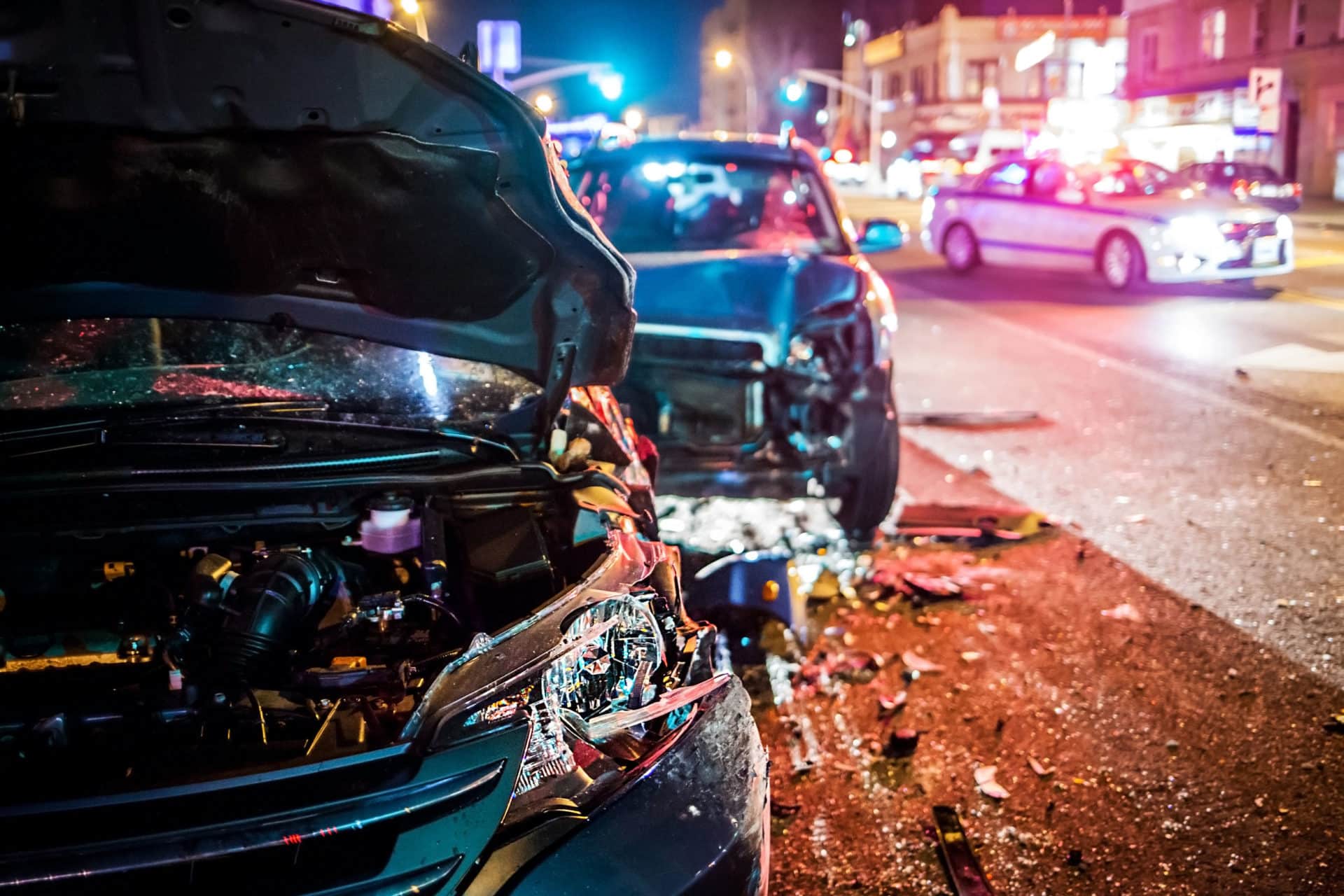Free Consultation
Free Consultation

Accidents are an unfortunate reality of everyday life. However, many accidents are preventable, making these losses all the more tragic – and unjust. If you are injured in an accident due to another’s negligence, you can fight back by filing a personal injury claim to get compensation to cover your damages.
But how do you know if the way you were injured qualifies as negligence? After all, lots of people in New York get hurt every day:
On February 19, a security guard at a cargo building at JFK was killed by a freight elevator. As of this writing, investigators think he either slipped and fell into the elevator pit or went in to get his phone. The investigation, however, is still ongoing. Could his death be due to negligence?
On Thursday the 21st, a beam from an elevated subway track crashed through the window of a moving vehicle. It didn’t hit anyone, thank goodness, but the driver was understandably traumatized. Would this qualify as “pain and suffering” if the incident required him to seek out counseling?
Then there was the Queens woman recently hit and killed by a taxi in a hit-and-run accident. The victim was on her way home for work when the taxi barreled down the sidewalk, killing her at the scene. The taxi driver fled the scene of the accident, but was later chased down by Good Samaritans and taken into police custody.
Witnesses describe the taxi driver as driving “extremely erratically.” The reason for his erratic driving remains unclear, and the investigation is ongoing as of this writing.
This last one is a clear case of a tragic accident that would not have occurred but for the negligence of another party. However, as you can see from the above, not all incidents of personal injury are this cut-and-dried, and it can sometimes be difficult to determine whether suing to recover damages from your injury is appropriate and worthwhile.
Therefore, we’ve put together a guide discussing when it might be worth suing, when you could benefit from suing, what elements must be present to constitute negligence, and what evidence you will need to prove your case.
Before you make the decision to sue, it’s important to ask yourself a few questions:
In order to make a personal injury claim, you must be able to prove that:
For example, in the hit-and-run case above, the taxi driver owed a duty of care to pedestrians and other motorists, including driving in a reasonably safe manner. His alleged erratic driving would constitute negligence, which caused the victim’s death.
If your injury was caused by a defective product, workplace accident or intentional action on the part of the defendant, your claim will likely be a bit more complicated.
To prove those things, you will need concrete evidence. This means that the incident should be documented as well as possible, as should the extent of your injuries.
Possible evidence includes:
The bottom line is that if you believe another’s actions caused your injuries, you owe it to yourself and your family to explore the possibility of a lawsuit. Win and you will not only be able to hold the responsible party accountable for their actions, but also protect your financial wellbeing by getting the compensation you need and deserve.
That being said, a personal injury lawsuit is a complex undertaking, and it’s important to make the decision to sue carefully and know what you’re getting into at the outset.